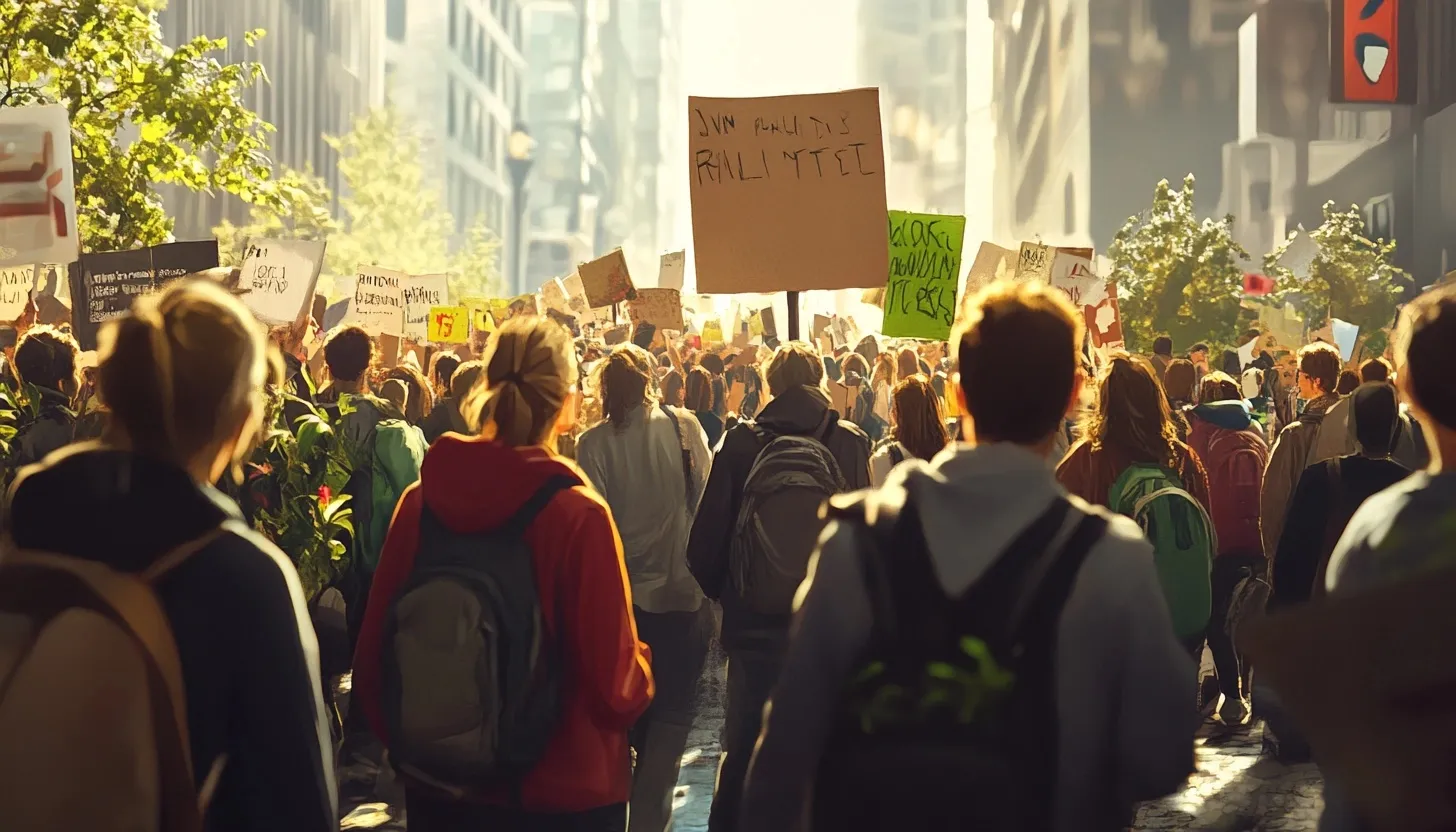Books
Chapter 1 Reflections
History for Tomorrow by Roman Krznaric

Books
Other Blog Posts
Research
March 5, 24
How will declining birthrates and ageing populations shape our potential futures?
Politics
April 3, 202
Feelings follow action.
Research
May 2, 2019
Contemplating the right question is often more important than crafting the right answer.
Education
May 1, 2020
As a school student, how might you think about Earlywork as an opportunity to showcase who you are and what you’re capable of?
Story
March 6, 2023
A Science Fiction Prototyping approach to imagining our future oceans.
Research
June 5, 2023
Inputting research and information as networked knowledge nodes with supertags surfaces connections and patterns you might not otherwise pick up.
Design
September 10, 2023
Is AI Stripping Creativity from Architecture? The Dangers of Algorithm-Driven Design
Education
September 24, 2023
What if . . we framed education as an example of chaos theory?
Education
October 17, 2023
Will school education will eventually reform as an emergent system with technology embedded as a key shaping force?
Research
October 24, 2023
A case for urgent optimism.
Research
March 5, 2024
Developing strong and rigorous chains of custody
Education
April 18, 2024
What if . . instead of the failures of students, we focused on the failure of systems?. . and used that understanding to collectively reimagine education?
Think
May 29, 2024
Navigating the space between
Think
May 30, 2024
Embracing Multiple Temporalities
Research
August 20, 2024
UX (User eXperience) is in some ways, a philosophical enquiry, inviting us to question - What is this really about? What is the role of design in this moment?
Books
September 9, 2024
History for Tomorrow by Roman Krznaric
Books
September 19, 2024
If we disallow radical flank activism does the right to protest mean anything at all?
Books
September 21, 2024
History for Tomorrow by Roman Krznaric
Think
September 21, 2024
Thinking about Foucault in the context of women worldwide and reproductive justice
Books
September 30, 2024
History for Tomorrow by Roman Krznaric
Think
October 15, 2024
Is AI is a technology of extraction?
Books
October 27, 2024
History for Tomorrow by Roman Krznaric
Books
November 13, 2024
When we think about development, can the concept of 'equity' be reconceptualised to connect with the context of the Global South without recovering / making visible, plural definitions of 'prosperity' or 'wellbeing'?
👋 say hello



















